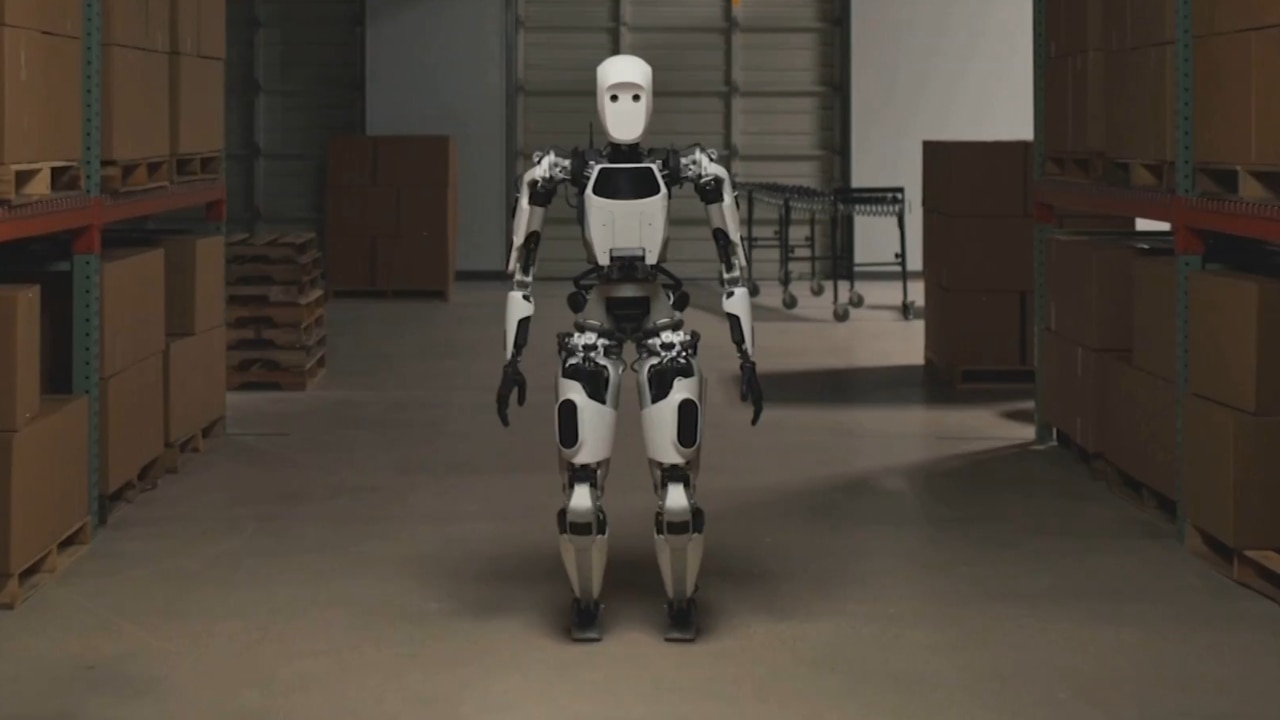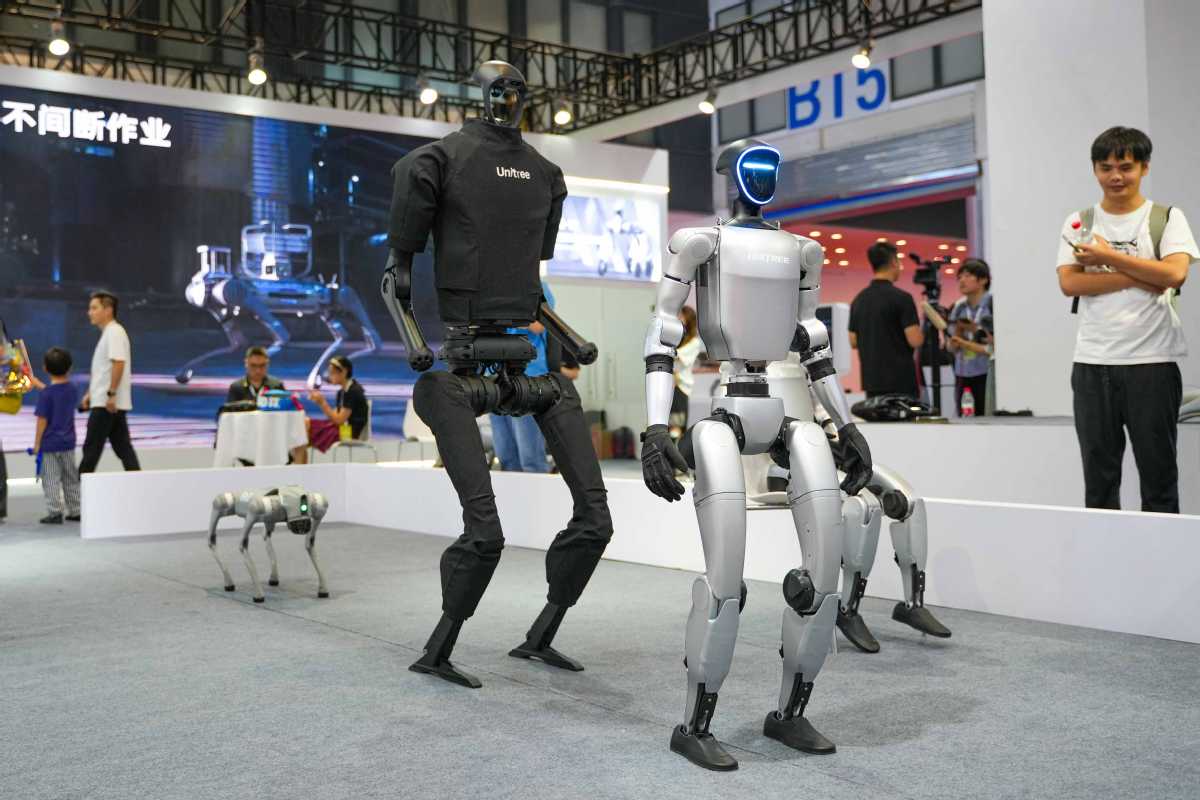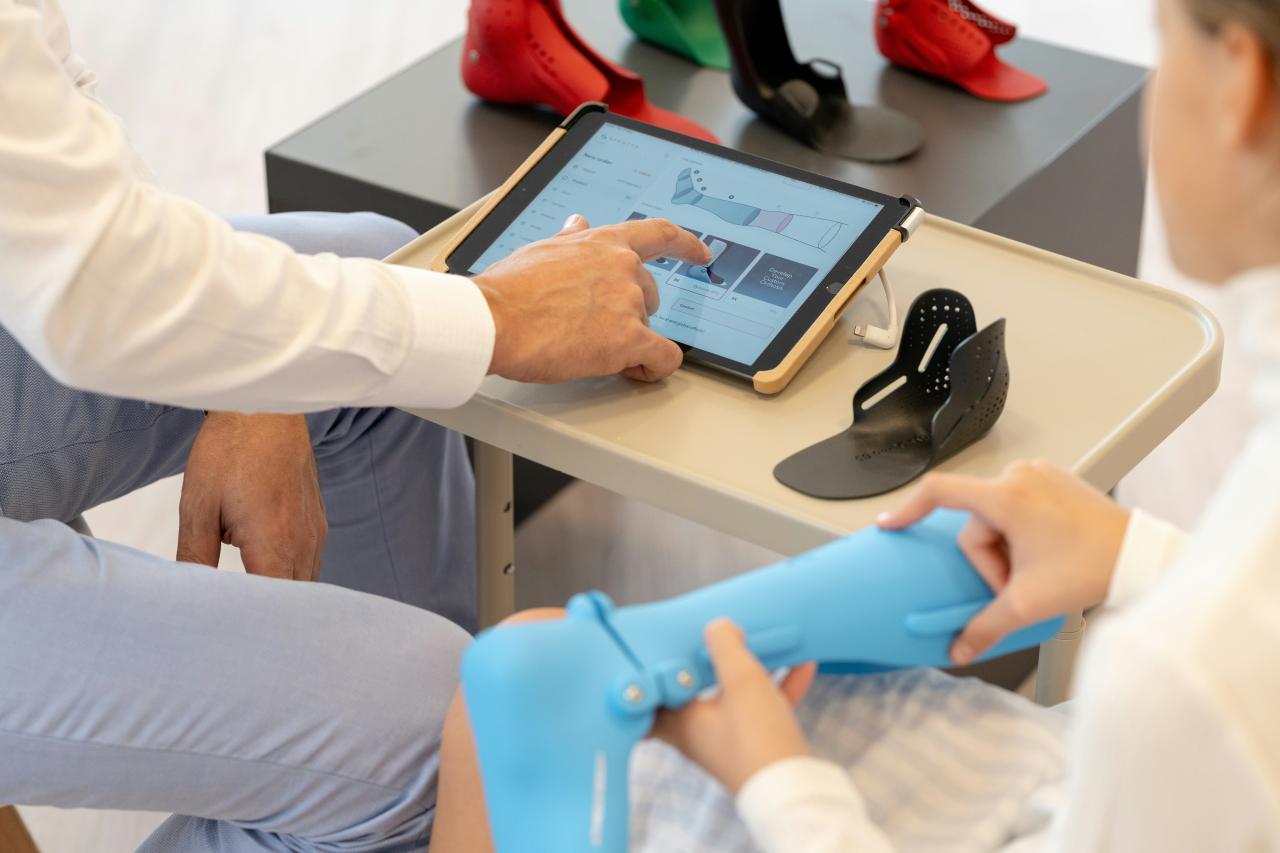A new era of warehouse automation is unfolding, and it’s driven by a humanoid robot named Figure 02. In a recent extended demonstration, this bipedal machine showcased its ability to sort mixed packages continuously for an hour, achieving remarkable barcode orientation accuracy and improved task efficiency. It’s not science fiction it’s the future of logistics, happening now.
How Figure 02 Changes the Game
Figure 02 isn’t just picking up boxes it’s actively learning, adapting, and optimizing how it handles each unique item. Developed by robotics company Figure, this robot shows real promise as a next-generation logistics solution, capable of working alongside or replacing human labor in repetitive warehouse tasks.
Key Features in the Latest Demo
In the hour long demonstration video, Figure 02:
A. Sorted a variety of packages: boxes, soft plastics, envelopes
B. Reoriented each package for optimal barcode scanning
C. Flattened items when needed for better readability
D. Improved its grip dynamically based on shape and material
E. Maintained a 95% barcode facing accuracy throughout
Step by Step: How the Robot Sorts Packages

Let’s break down the robot’s task execution in a logistics workflow:
A. Detection and Recognition
The robot uses advanced vision systems to identify incoming items and detect barcodes, even on oddly shaped or crumpled surfaces.
B. Strategic Positioning
Each item is rotated and placed barcode side down, which is ideal for automated scanners in a fulfillment pipeline.
C. Physical Manipulation
Using a combination of adaptive grip and force feedback, the robot adjusts pressure and movement to handle:
-
Fragile envelopes
-
Heavy cardboard parcels
-
Irregularly shaped plastic bags
D. Flattening Behavior
In an especially notable behavior, Figure 02 smooths out wrinkled or soft items a skill it learned by watching human workers on video.
Smarter Every Iteration: Learning from Humans
Unlike traditional robots hardcoded for specific tasks, Figure 02 employs machine learning models trained on video footage of human workers. This allows it to:
-
Learn new tasks without reprogramming
-
Observe, analyze, and mimic human behavior
-
Develop intuitive responses to real world challenges
In the case of package flattening, the robot wasn’t told how to do it figured it out on its own after observing patterns in human technique.
Performance Benchmarks That Matter
The leap in performance isn’t just impressive it’s measurable.
Time Efficiency Gains
-
Previous average handling time: 5.0 seconds
-
Current average handling time: 4.05 seconds
-
Speed improvement: 20% faster per item
Barcode Accuracy Increase
-
Initial success rate: ~70%
-
Current success rate: ~95%
These gains come despite increased task complexity and variation in package types.
Helix Model: The Tech Backbone of Figure 02
Figure 02 is built on the Helix platform, which has been refined and deployed in logistics environments for over three months. Several key upgrades make this possible:
A. Larger Training Dataset
-
Expanded from 10 hours to 60 hours of annotated human task footage
-
Led to smarter decision making and better precision
B. Temporal Memory Module
-
Gives the robot short-term task awareness, helping it understand ongoing sequences instead of relying only on static frames
C. Force-Feedback Sensors
-
Allows the robot to adjust grip pressure in real time
-
Helps avoid slippage, crushing, or misalignment
Together, these components lead to both speed and quality improvements in real world environments.
Real-World Stress Testing: 1 Hour of Uninterrupted Work
In the full hour demo, the robot operated continuously no human intervention, no resets. There were minor hiccups, like a 20-second struggle with a wrinkled bag, but overall, the robot stayed focused and consistent.
This type of real-world stress test matters more than a few polished clips. It gives businesses and tech analysts confidence that Figure 02 isn’t a lab toy it’s built for production floors.
Why This Matters to the Logistics Industry
A. Labor Shortages
With warehousing and e commerce companies struggling to fill repetitive jobs, humanoid robots offer a scalable solution that doesn’t call in sick or take breaks.
B. Standardization of Tasks
Robots like Figure 02 make it easier to standardize processes across facilities, reducing variability and human error.
C. Safety and Ergonomics
Heavy lifting, repetitive motions, and awkward bending can lead to worker injuries. Automating these tasks with robots improves workplace safety.
What Sets Figure 02 Apart?
There are plenty of robots on the market, but few can match Figure 02’s combination of:
-
General-purpose humanoid form
-
Visual learning from human demonstration
-
Physical manipulation across diverse item types
-
Scalability in industrial logistics settings
Where most robots are task specific, Figure 02 moves closer to general purpose utility, much like a human temp worker but faster, more accurate, and tireless.
The Future of Warehousing with Figure Robots

A. More Autonomous Systems
As machine learning and robotics hardware advance, expect these robots to make more independent decisions, with less need for human supervision.
B. Full Integration into Fulfillment Pipelines
Soon, Figure 02-type robots may not just sort, but also:
-
Load and unload trucks
-
Manage inventory
-
Collaborate with autonomous mobile robots (AMRs)
C. Continuous Self Training
The robots will likely evolve their own behaviors over time, by collecting data during their shifts and improving nightly with self-supervised learning.
Figure 02 is not a prototype in development it’s a working product showing real, measurable impact. With its ability to adapt, learn, and perform complex logistics tasks, this robot represents a turning point in warehouse automation.
At a Glance: What Figure 02 Has Achieved
A. 95% barcode accuracy on mixed packages
B. 20% reduction in handling time
C. Learned humanlike flattening behavior through video observation
D. Upgraded Helix system with memory and tactile sensing
E. Operated continuously for an hour under real conditions
Warehouses of the future won’t just be filled with machines they’ll be filled with machines that understand us.












